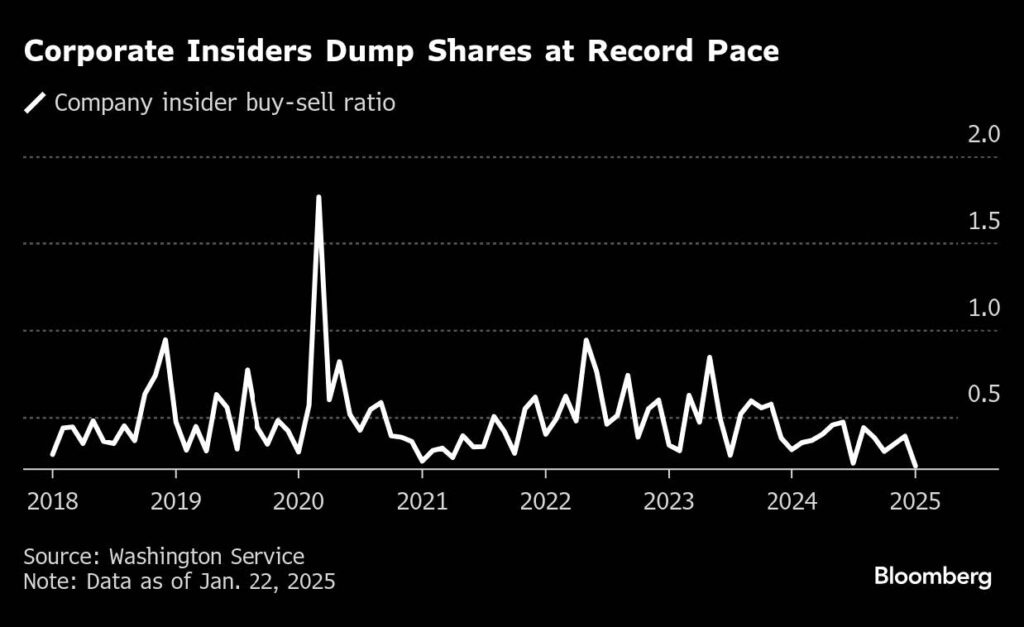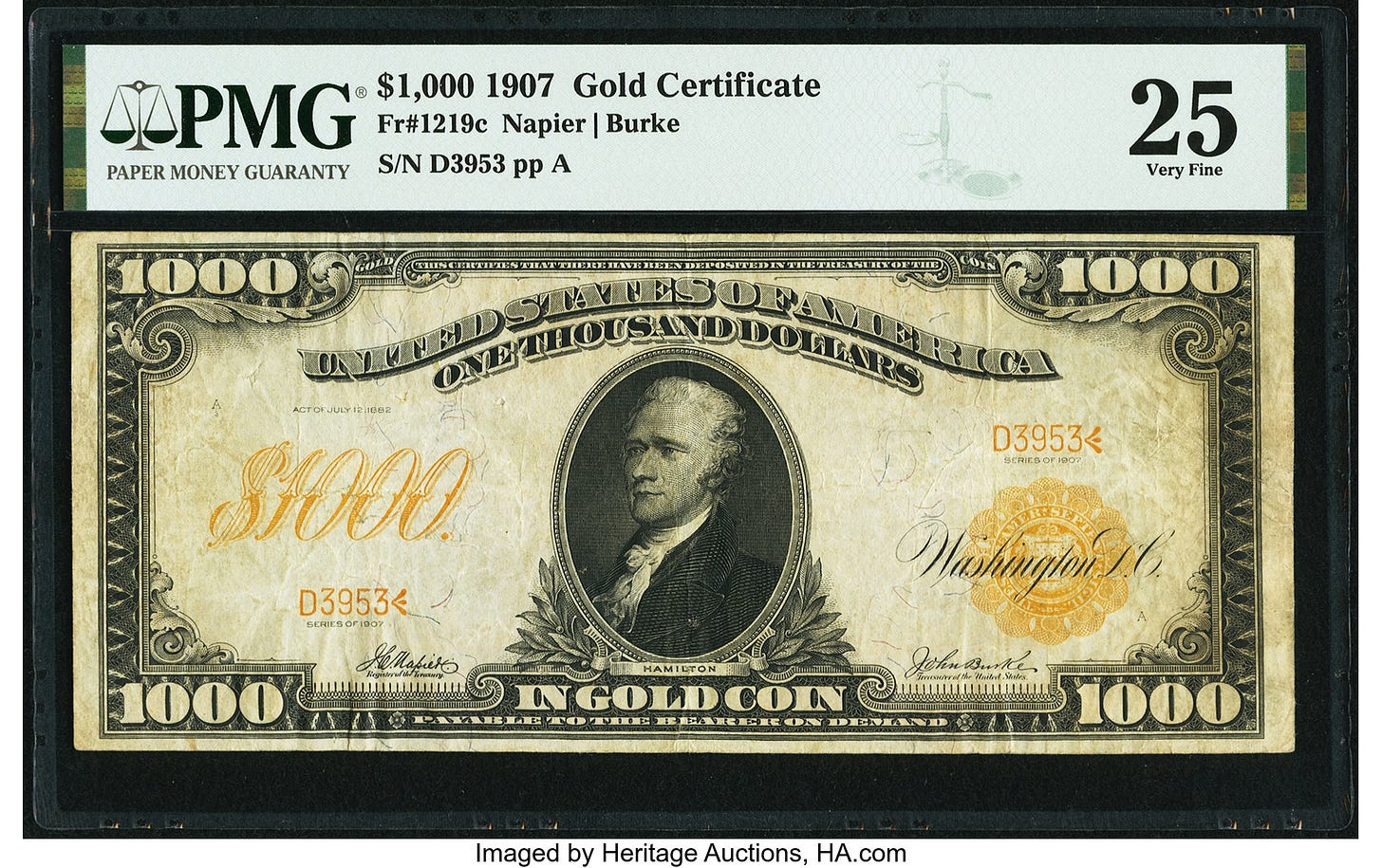The Financial Landscape is Changing
As global economic uncertainty intensifies, investors are scrambling for safe havens. Central banks are hoarding gold at unprecedented levels, while major institutions quietly exit equities. Meanwhile, delays in precious metals deliveries and increased demand for physical assets hint at a deeper shift in the global financial system.
In a recent compilation of interviews on The Miles Franklin YouTube Channel, Andy Schectman, a leading expert in the precious metals industry, shares his insights on these seismic changes. Is the financial system undergoing a controlled reset? Is physical gold becoming the ultimate store of wealth? And why are mainstream media and financial institutions seemingly downplaying these developments?
Let’s break down Schectman’s key points and what they mean for investors.
The Flight to Hard Assets: What Smart Money is Doing
Insiders Are Dumping Stocks While Institutions Accumulate Hard Assets
Schectman points out that hedge funds, corporate insiders, and high-net-worth individuals are making quiet but significant moves:
Hedge funds have drastically reduced their equity positions.
Corporate insiders are selling their shares at a 7-to-1 ratio.
Warren Buffett is holding over $400 billion in cash and short-term Treasuries, the highest in history.
"Buffett has more Treasuries on his balance sheet than the Federal Reserve does. Why is the world’s greatest value investor not in equities? Why are insiders selling while retail investors are more heavily invested than ever?"
Schectman suggests that these moves indicate a looming financial correction, one that retail investors might not be prepared for.
What This Means for Investors
When big money exits stocks, it often signals a market downturn.
The move into commodities and cash suggests a defensive strategy, likely in anticipation of inflation or a systemic financial event.
Retail investors, who are often the last to react, might be caught off guard if markets decline sharply.
Investor Takeaway: If the most informed investors are shifting to safer assets, it may be time to re-evaluate risk exposure and consider diversifying into gold, silver, and cash-equivalent instruments.
The Cantillon Effect and the Reality of Hyperinflation
Those Closest to the Money Supply Win—Everyone Else Loses
Schectman references the Cantalon Effect, which states that those closest to money creation (banks, governments, and corporations) benefit first, while the average citizen suffers from the subsequent inflation.
"In the end, I don’t see how we don’t go into some sort of massive hyperinflationary environment. In that world, he or she who has assets wins. The goal isn’t to get rich—it’s to lose the least."
Gold and Silver as Inflation Hedges
Gold and silver have historically tracked inflation with minimal volatility. In contrast:
The U.S. dollar loses purchasing power over time.
Bitcoin is deflationary but highly volatile.
Gold-backed stablecoins are being considered by nations like Russia, China, Saudi Arabia, and Iran to challenge the current financial order.
The Long-Term Role of Precious Metals
If hyperinflation occurs, those holding hard assets (gold, silver, real estate, commodities) will preserve wealth.
The growing global push toward gold-backed financial systems could devalue fiat currencies, making precious metals even more critical.
Investor Takeaway: Diversifying into gold and silver isn’t about speculation—it’s about financial survival in an inflationary world.
The Battle Against the Banking Lobby
The Great Taking: How the Banking Lobby Controls Securities Ownership and Threatens Financial Freedom
Media Misdirection and the Suppression of Gold Prices
Why Does CNBC Avoid Covering Gold?
Schectman highlights a curious media bias:
Gold was covered on CNBC only 1 out of 44 times, despite reaching all-time highs.
Bitcoin, on the other hand, received 9 times more coverage in the same timeframe.
"There’s an overt push by big money to accumulate gold while media outlets steer us away from it. That’s classic misdirection."
The Suppression of Precious Metals Prices
The London Bullion Market Association (LBMA) and COMEX have historically manipulated gold and silver prices through unallocated paper contracts.
Recent data shows a massive exodus of physical gold and silver from these exchanges, signaling potential structural instability.
China’s People’s Bank has added over 600 tons of gold in 2024 alone, further tightening supply.
Is a Price Explosion Coming?
If Western institutions lose control over price suppression, physical gold and silver could experience a dramatic price increase.
The shift of price discovery from COMEX and LBMA to Shanghai, Dubai, and Moscow could permanently alter global pricing power.
Investor Takeaway: With gold reserves depleting and physical demand surging, the window for buying at artificially low prices may be closing.
A System Reset: Is the U.S. Preparing for a Gold-Backed Treasury?
The U.S. Financial System Is Unsustainable
"We’re nearly $200 trillion in debt. A trillion seconds ago was 31,688 years ago. Something has to be done."
Schectman and other analysts suggest that the U.S. may be undergoing a controlled demolition of its financial system.
Judy Shelton, a key Trump advisor, has proposed issuing gold-backed U.S. Treasury bonds.
Some speculate that Bitcoin was used to divert demand away from gold while preparations for a gold-backed system were made.
Schectman hints that Trump’s bankruptcy expertise may be relevant in restructuring the financial system.
A Return to a Gold Standard?
If the U.S. moves toward gold-backed treasuries, this could restore confidence in its financial system.
However, this would also require repatriation of U.S.-leased and rehypothecated gold, a process already underway.
Competing gold-backed systems from BRICS nations could challenge U.S. dominance.
Investor Takeaway: If this restructuring happens, those holding gold and silver will benefit immensely, while fiat holders may suffer depreciation.
Conclusion: What Investors Should Do Now
Key Takeaways from Schectman’s Analysis
Smart money is exiting stocks and buying hard assets.
Inflation and financial instability are making gold and silver more critical.
Western price suppression is breaking down, leading to potential surges in gold/silver prices.
The global financial system may be restructuring toward a gold-backed model.
How to Protect Your Wealth
Reduce exposure to high-risk equities—Follow what hedge funds and insiders are doing.
Increase allocation to physical gold and silver—Not just ETFs, but actual bullion.
Stay informed on geopolitical shifts—Especially regarding BRICS nations and their impact on the dollar.
"In an era of financial uncertainty, gold isn’t an investment—it’s wealth itself."
What do you think? Is a financial reset coming? Will gold-backed treasuries be the future? Share your thoughts below!









